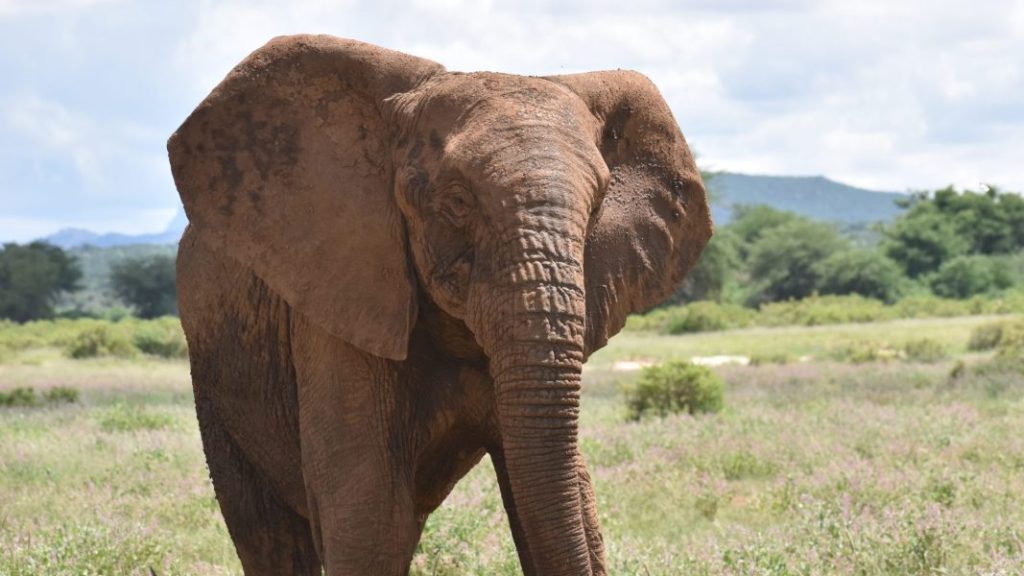A rural community in southwestern Nigeria is pleading for government intervention after escalating human-elephant conflicts claimed multiple lives and paralyzed local livelihoods. The latest tragedy struck on July 28, 2025, when 49-year-old Musa Yahaya Kala was fatally attacked by elephants while working in a forest near Itasin, a fishing and farming village in Ogun State’s Ijebu East region.
His 16-year-old son, Musa Korede, described fleeing the scene as two elephants charged at them. “I hid safely, but I heard noises from where my father was,” Korede recounted. Returning with villagers after the animals left, they discovered his father’s body with severe injuries, including a broken leg and exposed intestines. The incident marked the culmination of years of rising tensions in the area, where an estimated 100 elephants have destroyed crops, fishing gear, and homes since first appearing seven years ago.
Residents claim the elephants, initially peaceful foragers of local banana and plantain crops, turned aggressive around 2018. Oluwaremi Oluwafunke, a widow, told reporters her N250,000 ($170) agricultural investment – funded by a high-interest loan – was wiped out overnight when elephants trampled newly planted crops. “This is my only means of survival,” she said, echoing grievances of others trapped between debt and recurrent farm losses.
Survivors like Bello Kunle, a woodcutter attacked in March 2023, described lasting physical and economic scars. “I can’t work as I used to. I have two wives and children depending on me,” he said, dismissing claims that elephants only attack when provoked. Chainsaw operator Kazeem Badmus spent nearly a year recovering from surgeries after an elephant encounter in 2024 left him with critical injuries.
Community leaders implored authorities to relocate the elephants, emphasizing that residents “can’t survive without farming.” High Chief Adedoyin Ajayi, a local leader, stressed the need for victim support: “The deceased’s children must be cared for – he was their breadwinner.”
However, Ogun State officials defended conservation efforts in the 6,000-hectare forest reserve, designated as protected elephant habitat. Forestry Commissioner Oludotun Taiwo acknowledged the fatality as tragic but noted repeated warnings against illegal logging and farming in the area. “These elephants aren’t inherently aggressive. They react when threatened,” he said, referencing demolished settlements and awareness campaigns to deter encroachment.
State legislator Owode Ifedolapo called for urgent collaboration between conservationists and policymakers: “We must balance ecological protection with community safety.” The debate highlights broader challenges of human-wildlife coexistence in regions where survival economies clash with conservation priorities – a tension amplified by inadequate infrastructure and limited state support in rural Nigeria. As villagers brace for further conflicts, their demands underscore a pressing need for solutions that address both ecological preservation and human dignity.
